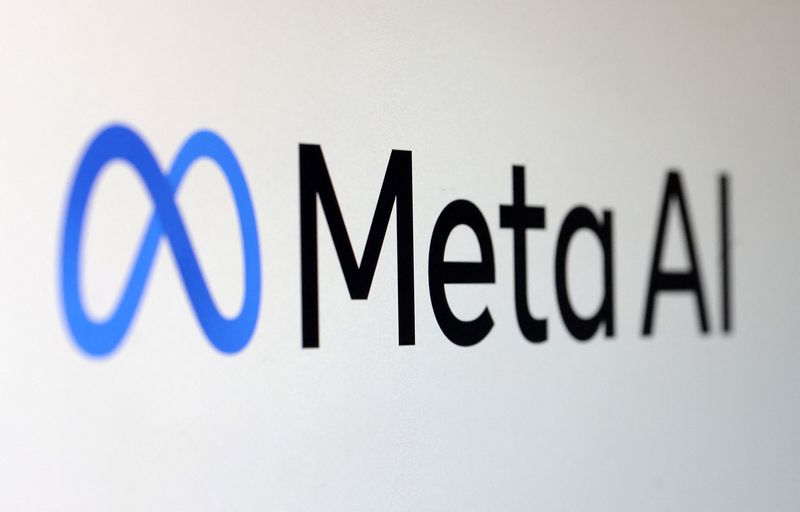Place your adverts here on InfoDig @ low rates; banner ads, sponsored links and guest articles etc. Contact us
Approximately 688,793 metric tonnes of wheat are being imported into Nigeria, with deliveries expected by the end of October 2024. This influx aims to ease food inflation, reducing costs for consumers by increasing the availability of essential food products.
Seven vessels, each carrying large quantities of wheat, started docking at four key ports across Nigeria—Apapa and Tincan ports in Lagos, Calabar Port in Cross River State, and Rivers Port in Rivers State—beginning from October 23, 2024, through October 30, according to documents from the Nigerian Port Authority.
While the federal government announced a 150-day duty-free import window on key food commodities in July to tackle inflation, implementation has faced challenges. Stakeholders, including former customs officials and economists, have raised concerns about the lack of structured protocols for the duty-free program, citing delays and lack of clarity in its execution. This, they argue, has hampered the program’s success in reducing food costs.
In addition to wheat imports, Nigeria saw a 19,264MT shipment of feed corn arrive on October 20, as part of efforts to bridge food supply gaps. However, the response from government ministries regarding potential government involvement in these wheat imports remains unclear, with no responses from the finance or agriculture ministries or the Nigerian Customs Service.
Industry analysts are emphasizing the need for a thorough implementation framework, with former customs officials suggesting that the government work out qualifying criteria and logistics before announcing such programs. Economists have also stressed that any import policy should consider the associated demand for foreign exchange and the need for economies of scale to ensure affordable consumer prices in the long term.

 1 hour ago
27
1 hour ago
27








_1730280064.jpeg)





